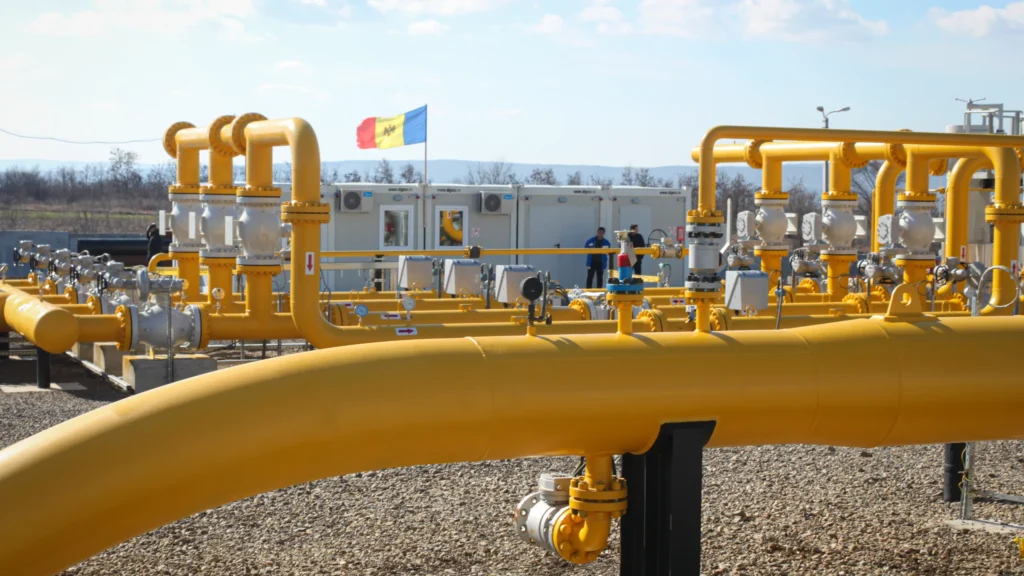Russian energy giant Gazprom announced Saturday that it will suspend gas exports to Moldova beginning at 0500 GMT on January 1, citing unpaid debt as the reason for the cutoff. The move is expected to result in severe power cuts for Moldova.

Gazprom stated it reserves the right to terminate its supply contract with Moldova entirely. Moldovan officials have yet to issue a statement regarding the announcement.
The suspension is part of a broader halt to Russian gas exports through Ukraine to Europe. The current transit agreement between Russia and Ukraine, which facilitates gas flow to countries including Slovakia, Austria, Hungary, and Italy, is set to expire on December 31.
Moldova, which relies heavily on Russian gas, is poised to suffer the most from the shutdown. Russia supplies approximately 2 billion cubic meters of gas annually to Moldova via Ukraine. This supply is piped to the breakaway region of Transdniestria, where it powers a plant generating electricity sold at reduced rates to the rest of Moldova.
Russia has demanded that Moldova settle a disputed debt, which Gazprom estimates at $709 million. Moldova contests this figure, stating its debt is only $8.6 million.

In 2022, Moldova and Transdniestria reached an agreement allocating all Russian gas supplies to the breakaway region, which traditionally does not pay for the fuel. A suspension of gas could render the power plant inoperable, leading to prolonged blackouts in both Moldova and Transdniestria.
Moldova’s 2.5 million residents have been preparing for extended power outages following Ukraine’s decision not to renew its transit contract with Gazprom. Both Moldova and Transdniestria have declared states of emergency in response to the looming energy crisis.
On Friday, Moldova announced plans to curb power exports and implement measures to cut energy consumption by at least 30% starting January 1.
President Maia Sandu accused Gazprom of exacerbating the crisis by refusing to supply gas through alternative routes.



